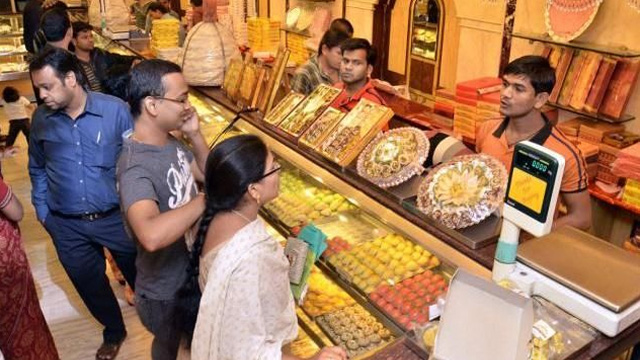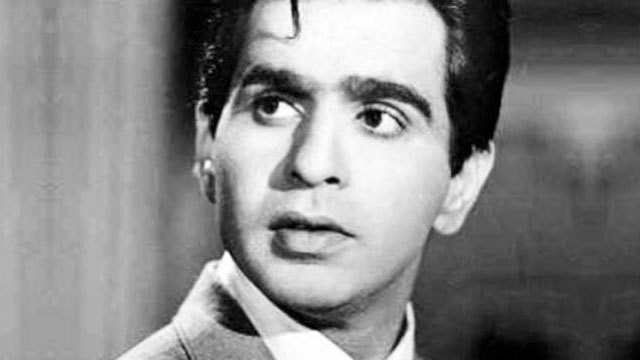Households pay cell phone bills in the normal course even as they complain about the rising price of cooking gas.
The world is turned upon putting the spenders in the dock. Do no borrow. Memorize that money is a limited reserve, so don’t waste, save. Consider your child’s education before purchasing that luxury watch. The money you splurge on eating out could be required for your retirement. Avoid using a credit card and even if you do, pay the bill amount in full.
We must all chose the path of virtuous paradise and make logical decisions about our money, but usually we don’t. This does not make us negligent, hopeless investors, who blow away our hard-earned money. It just makes us little more humans. Spending choices are not always sensible, but unconscious and emotional. This is why spenders might need help and counselling, simply giving advice will be of no help to them.
A fascinating experiment result by two psychologists at the Stanford University in 2007 depicts an amazing sample in the MRI scan of the brain even before the decision to spend was made, which precisely calculated whether a person would spend or not. Two regions in the brain were highlighted in the experiments about spending choices. One of these regions is the nucleus accumbens, which holds dopamine receptors. These are stimulated when you expect something gratifying, when the spending opportunity presents itself, rolled in an eye-catching wrapping and positioning, this region lights up. When kids see vibrant displays of food and adults see pricey designer watches or cars, they both react with an immediate activation of the nucleus accumbens.
The second region that is stimulated when you make a spending decision is the insula. This is the contrary of the nucleus accumbens. This region is activated when you experience something negative or anticipate something painful. Whether you will spend every time you wish an object depends on how lively these two regions are.
Research also illustrates that extricating the pain of paying from the delight of spending results in excessive reckless spending. Credit cards purely separate the responses of the brain regions. The gratification of buying is in the present, and swiping the card does not bring pain. The pain of paying is deferred to a later date, when the credit card bill arrives. By the time, the damage had been done. Psychologists mention that paying cash could help trigger the insula and trim down over-spending. Possibly, people bargaining for a few rupees in the vegetable markets exhibit the vehement activity in the insula when they have to pay cash.
You might not always be shopping with a list in your hands, picking up accurately what you need, say no to anything else on offer, and paying with a debit card. Your monetary consultants might tell you that this is the best thing to do, but your talent to stick to this command depends on your behavioural prejudices. The overriding aspect in spending is ‘anchoring’ or measuring how the spend looks in contrast with the observation of what we can pay. If the credit card has a limit of Rs. 3 lakh, a spending of Rs. 3,000 looks minute. If the instalment for buying a new car is Rs. 40,000, we compare it with the salary to decide if we can afford it. The logic of how much the car costs, and whether we need such a large car, is vanished in this comparison. Thus, we end up buying bigger houses, pricey gifts, costly dinner, and lavish holidays and upgrade our fridges and washing machines frequently.
The observation about a thing being costly or cheap is hard-wired based on the anchors we have in our brains, with which we compare the amount we spend. So, households pay cell phone bills in the normal course even as they nag about the rising price of cooking gas.





